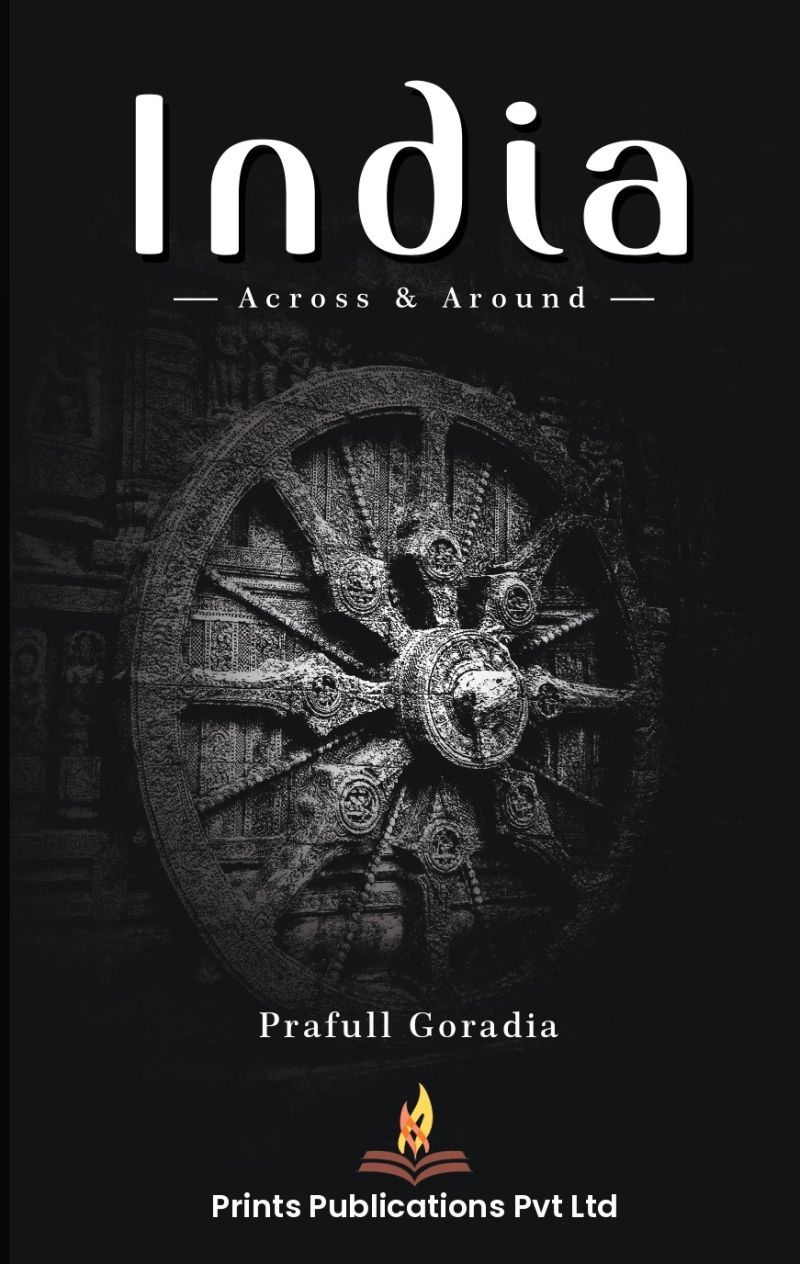| Publisher | Prints Publications Pvt Ltd |
| Publication Year | 2024 |
| ISBN-13 | 9788196577636 |
| Binding | Paper back |
| Number of Pages | 172 Pages |
| Language | English |
| Dimension (Inches) | 5.5"x8.5" |
| Weight (Grams) | 260 |
| Subject | Indian History |
| Category | History |
Contents:
|
1 |
Inheritor of a Pernicious Legacy |
1 |
|
2 |
Complex Persona, Frayed Polity |
21 |
|
3 |
Bigotry Began in Bundelkhand |
33 |
|
4 |
Religion Scored over Governance |
37 |
|
5 |
The Afghan Mess— Aurangzeb’s Contribution |
43 |
|
6 |
The Deccan |
51 |
|
7 |
Dara Shikoh and Aurangzeb—The Saga of What might have been |
55 |
|
8 |
Treachery And Betrayal—Alamgir’s Ingrained Character |
77 |
|
9 |
Defeat in Assam— The Beginning of the Mughal Slide |
83 |
|
10 |
Aurangzeb’s Rajput War— The Ruin Begins |
93 |
|
11 |
War with the Marathas—Disaster, Defeat, Denouement and Death |
118 |
|
12 |
Aurangzeb and Pakistan |
150 |
|
13 |
Hindu Temples—Targets of Aurangzeb’s Jihadi Iconoclasm |
156 |
|
|
Conclusion |
164 |
Products related to this item

Best Prices
100% money back

Fast Shipping
Orders over $500

Buyers Protection
Loreum Ipsum Text

Live Support
24/7 Help & Support













